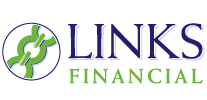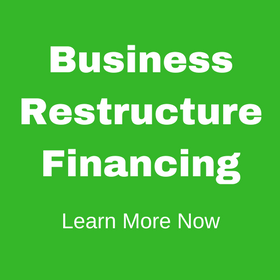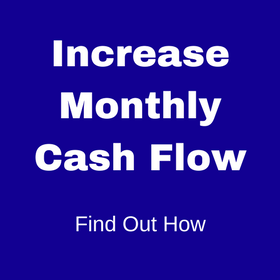
Although it is important to consider current interest rates on business loans, what you think the interest rate will be should not be the driving force behind your financial decision. The following factors are just as important, if not more so, in the decision-making process than the actual interest rate.
Present Need
Current business circumstances play a role in, and often dictate, financial decisions. If you need an infusion of capital to expand your facilities because you’ve outgrown your current space, you’re going to explore financing options regardless of what the current interest rates for business loans or commercial real estate properties are. If it’s a sound business decision to expand, to maintain or grow your business, then it’s a sound decision whether interest rates are at 4 percent or 8 percent.
Future Demand
The future need for a product or service is also as critical as actual interest rates. If you are looking to acquire another business, for example, one of the first things you will do is look at the economic forecast for that industry over the next two to four years. If future expectations are positive, then you would be willing to access debt financing to acquire that business, even if interest rates may be high. If, on the other hand, the economic outlook is poor for the next few years, you would probably pass on acquiring the business, even if interest rates are low. It doesn’t make good economic sense to invest in something for which there is no future demand.
Future expectations also play a role from an investor’s perspective. Investors want a return on their investment; they’re not interested in investing in an enterprise that doesn’t have a good economic prospect regardless of how high an interest rate they can charge.
Unexpected Opportunity
Business opportunities sometimes arise unexpectedly. Opportunities may include the chance to purchase inventory or equipment on sale, the ability to buy a piece of land for expansion or the prospect of acquiring another business. If such an opportunity develops, and it fits into your business strategy, you often need to act quickly; you cannot afford to wait until interest rates go down.
The Federal Reserve drives interest rates by changing its rates. Inflation, supply and demand of credit and the type of loan being considered also affect interest rates. The bottom line is this: If it’s only a good deal at 2 percent interest but not at 7 percent interest, it’s just not a good deal. The other thing to remember, too, is that if you acquire debt at a high interest rate, there’s always the chance to refinance when rates go down.





